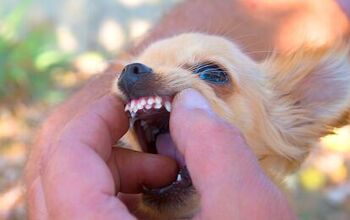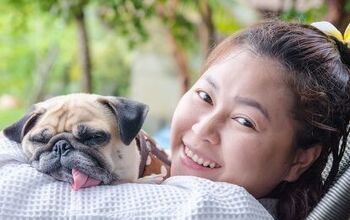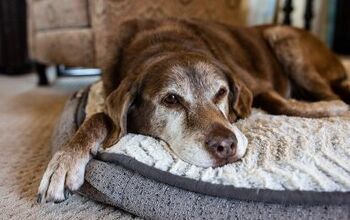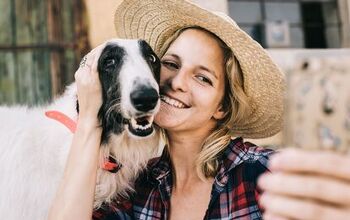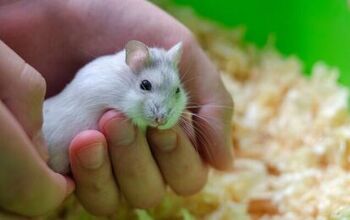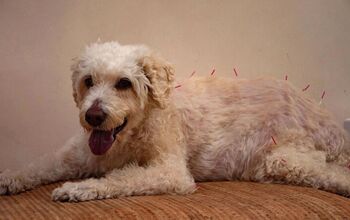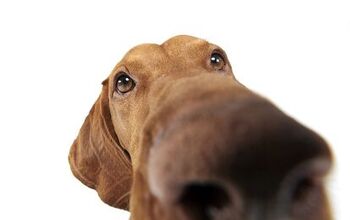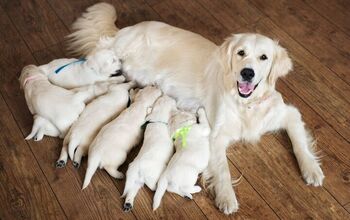Corkie


About Corkie
With a face that instantly melts hearts, the Corkie is a little dog that aims to please. But before you bring one of these adorable pooches home, continue reading to learn a bit more about this breed and decide if it really would make the ideal pet for your family.
The Corkie is a cross between a Cocker Spaniel and Yorkshire Terrier.
The Corkie is a designer dog breed whose origins aren’t entirely clear.
The Corkie is a cross between a purebred Cocker Spaniel and Yorkshire Terrier.
Providing your dog with the right nutrition every day will help keep him strong, healthy, and energized. You should buy your Corkie a high quality dog food that includes natural ingredients without any allergenic or artificial ingredients.
If you are going to feed your Corkie a dry dog food, you can give your pet anywhere from ¾ cup to 1½ cups every day, but split this amount into multiple meals. And if you plan on giving your pet some canned dog food as well, reduce the amount of dry food that you’re providing so your Corkie doesn’t overeat and gain too much weight.
Corkies seek to please and they are quite clever.
When it comes to training, you should find it fairly easy to teach your Corkie. These dogs seek to please and they are quite clever. As long as you use a positive and consistent approach that includes plenty of praise, treats, and encouragement, you should see steady progress in your pet’s ability to follow commands and learn the rules of the house.
In addition to establishing yourself as the leader of the pack, you should also spend time properly socializing your Corkie, as those that aren’t socialized could grow up to be snappy and timid dogs.
A small-sized breed, the Corkie weighs between 8 and 20 pounds.
Corkies are affectionate dogs that are also energetic, playful, and obedient. They are not afraid to show you how much they love you, making them wonderful family dogs, and they get along well with children who know how to interact with them gently. Plus, if you have other pets, you can expect the Corkie to get along well with them too, as these dogs have a sweet and laid-back personality.
This breed can exhibit separation anxiety when left alone for extended periods of time, and these are also sensitive pooches. Be sure to shower your dog with loads of attention and affection to make him realize that he truly is an important part of the family.
Because the Corkie is a hybrid canine breed, these dogs might be prone to the health problems that commonly affect their parent breeds. It is important to note, however, that every dog is an individual, and hybrid dogs can be surprisingly hardy and healthy. Therefore, it is impossible to predict an individual dog’s long-term health, and there really is no guarantee that your Corkie will inherit any of these problems.
Some of the conditions that might affect Corkies include hypothyroidism, eye problems, skin problems, patellar luxation, hip dysplasia, allergies, reverse sneezing, epilepsy, collapsed trachea, hypoglycemia, portosystemic shunts, and autoimmune hemolytic anemia.
The Corkie has an average lifespan of 11 to 15 years.
Corkies are fairly active dogs that will benefit from daily walks, time at the dog park, and off-leash time in an enclosed and safe backyard. You can also give your pooch plenty of toys to remain mentally stimulated while spending time indoors.
Because these dogs are small, they don’t need to spend a lot of time being active, so a 15-minute walk two times a day could set a good foundation for physical activity, but this should be combined with other forms of play to keep your pet happy and at an ideal weight.
Corkies are affectionate dogs that are also energetic, playful, and obedient.
The Corkie is not recognized by the American Kennel Club, as it is considered to be a hybrid breed. However, this breed is recognized by the American Canine Hybrid Club (ACHC), the Designer Breed Registry (DBR), the Designer Dogs Kennel Club (DDKC), the Dog Registry of America, Inc. (DRA), and the International Designer Canine Registry (IDCR).
A Corkie’s coat will be medium to long, and it will also be silky and straight. In terms of grooming, this breed is considered fairly low maintenance. Shedding will be minimal, though you should expect to find some fur around your home.
To prevent the fur from becoming tangled and matted, you will need to brush your dog daily, or at least several days each week.
You can also take your dog to a professional groomer who can clip the hair short and make it easier to maintain. And the fur around the ears, eyes, and face should be trimmed to an appropriate length regularly.
Your Corkie puppy will be small and delicate, so care needs to be taken to ensure your pet will remain safe and won’t get hurt, especially if he will be interacting with small children or other animals.
To ensure your puppy will grow up to be a confident, friendly, and calm adult, start socializing and training him as soon as possible. In this way, he will feel comfortable with meeting new people, other dogs, and other animals as he gets older.
Photo credit: maxim_themutt

Lisa Selvaggio is a freelance writer and editor, and our resident cats-pert, with certifications in pet nutrition and pet first aid. She enjoys producing content that helps people understand animals better so they can give their pets a safe and happy home.
More by Lisa Selvaggio









